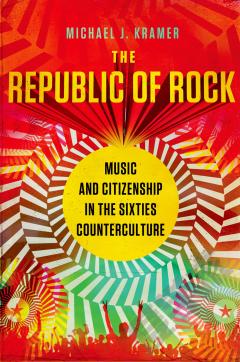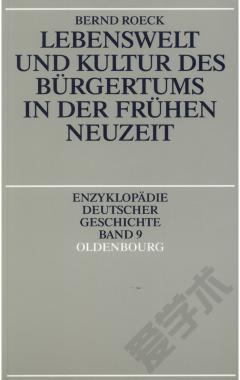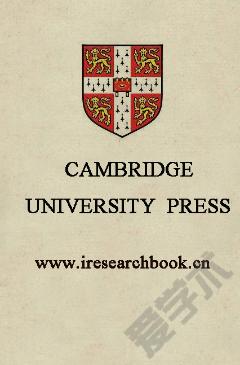State Of Ambiguity —— Civic Life And Culture In Cuba'S First Republic
----- 国家歧义
Cuba's first republican era (1902-1959) is principally understood in terms of its failures and discontinuities, typically depicted as an illegitimate period in the nation's history, its first three decades and the overthrow of Machado at best a prologue to the real" revolution of 1959. State of Ambiguity brings together scholars from North America, Cuba, and Spain to challenge this narrative, presenting republican Cuba instead as a time of meaningful engagement - socially, politically, and symbolically. Addressing a wide range of topics - civic clubs and folkloric societies, science, public health and agrarian policies, popular culture, national memory, and the intersection of race and labor - the contributors explore how a broad spectrum of Cubans embraced a political and civic culture of national self-realization.
{{comment.content}}








 京公网安备 11010802027623号
京公网安备 11010802027623号